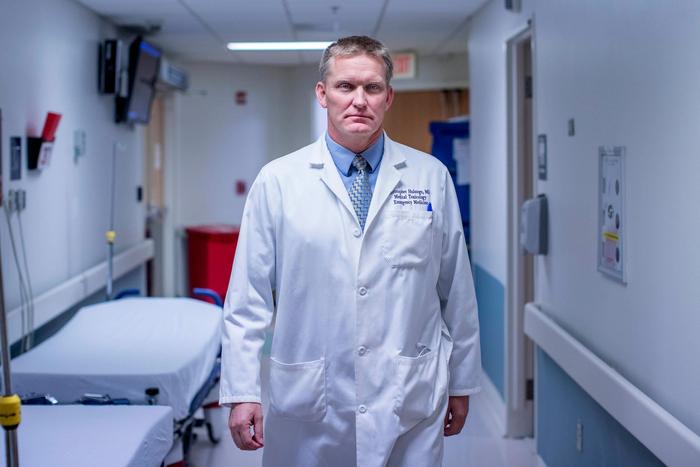A new study from the University of Virginia School of Medicine reveals that America’s poison centers are dealing with an alarming increase in the severity of poisoning cases, which are significantly more likely to result in severe harm or death among both adults and children. The findings underscore the growing complexity and danger of poisoning incidents across the country.
The study, which analyzed more than 33.7 million poison exposures reported to the 55 poison centers in the United States between 2007 and 2021, found that the number of calls about intentional exposures resulting in death among adults skyrocketed by 233.9% during this period. Intentional exposures encompass cases such as suicide attempts, illegal drug use, and the misuse of medications for purposes other than their intended use, such as getting high.
Unintentional Exposures Become More Severe
The severity of unintentional exposures also increased, with the number of cases resulting in severe harm (such as disfigurement or disability) rising by 37.4% and those resulting in death increasing by 65.3%. This surge in serious outcomes occurred despite a slight decrease of 0.8% in the total number of calls for unintentional exposures. These cases include accidental medication misuse, workplace and environmental exposures to harmful substances, bites and stings, and food poisoning.
Children were not spared from this troubling trend. The number of pediatric intentional exposures resulting in severe harm or death increased by 76.6%, even as the total number of cases declined by 33%. Unintentional exposures resulting in severe harm or death among children also rose by 190.1% and 122.7%, respectively.
Calls for Collaboration to Address Pediatric Poisonings
Dr. Christopher Holstege, director of UVA Health’s Blue Ridge Poison Center and chief of the Division of Medical Toxicology at UVA’s School of Medicine, expressed concern about the trends affecting children. “As a society, we should be concerned at these trends pertaining to children,” he said. “We need to collaboratively strategize on better delineating the root causes for such severe cases of pediatric poisonings, especially in the realms of mental health and substance use and misuse.”
The researchers attribute the increasing severity of poisoning cases to a combination of factors, including the growing mental health crisis among the nation’s youth and the emergence of dangerous novel psychoactive substances such as synthetic opioids and designer benzodiazepines.
Despite the increasing severity of calls to poison centers, the researchers did not find a consistent, corresponding increase in admissions to critical care units. They suggest that this may have been influenced, in part, by the COVID-19 pandemic limiting available healthcare resources.
As poison centers face increasingly severe cases, the researchers note that these facilities may need to reassess how they allocate resources, such as having more toxicologists available to handle complex cases that go beyond the expertise of the poison specialists who answer calls.
“Poison centers are an integral part of the medical management team as we see an increase in the severity of cases of poisoning,” Holstege said. “Poison centers are staffed with clinical toxicologists who provide free expert recommendations on a vast array of toxicologic emergencies to the public and to professionals who call. Involving toxicologists early can save lives and reduce the length of hospital stay.”


